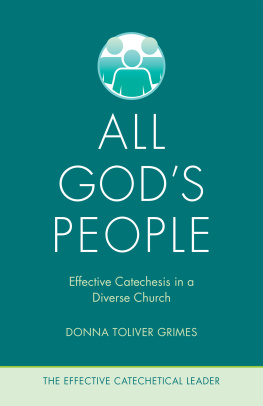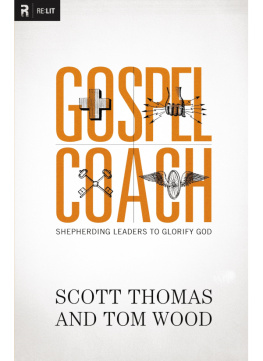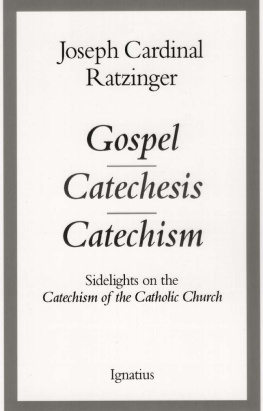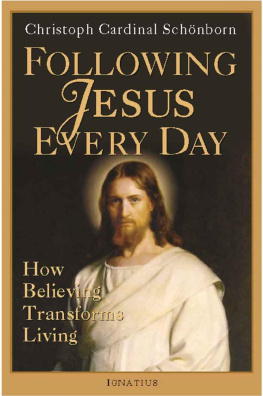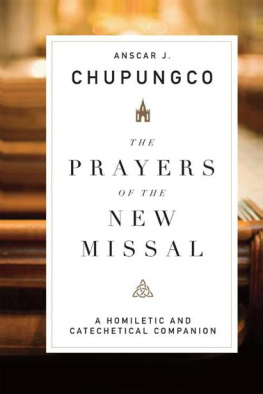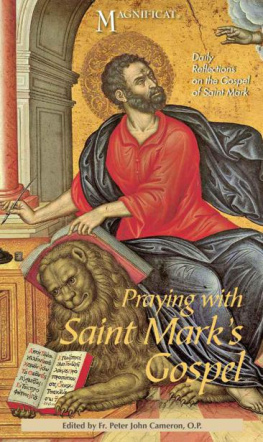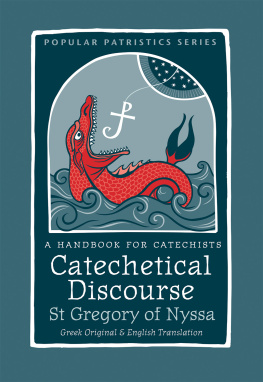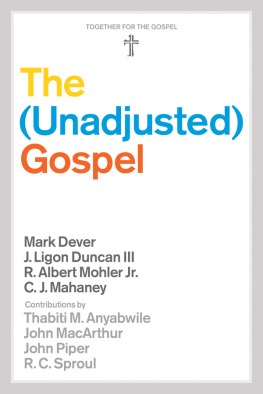Donna Toliver Grimes - All Gods People: Effective Catechesis in a Diverse Church
Here you can read online Donna Toliver Grimes - All Gods People: Effective Catechesis in a Diverse Church full text of the book (entire story) in english for free. Download pdf and epub, get meaning, cover and reviews about this ebook. year: 2017, publisher: Loyola Press, genre: Religion. Description of the work, (preface) as well as reviews are available. Best literature library LitArk.com created for fans of good reading and offers a wide selection of genres:
Romance novel
Science fiction
Adventure
Detective
Science
History
Home and family
Prose
Art
Politics
Computer
Non-fiction
Religion
Business
Children
Humor
Choose a favorite category and find really read worthwhile books. Enjoy immersion in the world of imagination, feel the emotions of the characters or learn something new for yourself, make an fascinating discovery.
- Book:All Gods People: Effective Catechesis in a Diverse Church
- Author:
- Publisher:Loyola Press
- Genre:
- Year:2017
- Rating:5 / 5
- Favourites:Add to favourites
- Your mark:
All Gods People: Effective Catechesis in a Diverse Church: summary, description and annotation
We offer to read an annotation, description, summary or preface (depends on what the author of the book "All Gods People: Effective Catechesis in a Diverse Church" wrote himself). If you haven't found the necessary information about the book — write in the comments, we will try to find it.
Disciples of Christ come in all ages and colors, but they also come from different backgrounds and bring with them diverse gifts, needs, opportunities, and challenges. As a result, catechesis must never take the form of one-size-fits-all. While the Gospel message is eternal, our messaging (how we share that timeless message) needs to adapt to an ever-changing reality, or we risk being perceived as irrelevant. This sixth volume of The Effective Catechetical Leader takes a close look at the many groups of people to be catechizedfrom school-age children to young adults, from parents to the catechists themselvesand offers strategies and tips to effectively engage all of them in life-giving, Gospel-centered faith formation.
The Effective Catechetical Leader series, developed in conjunction with the National Conference for Catechetical Leadership and written by some of the top catechetical leaders in the country, is the only series to encompass all the various aspects of catechetical leadership. This series provides the practical skills, strategies, and approaches that ensure successful parish faith formation in an evangelizing manner, which leads directly to a vibrant Church. From best practices to new approaches for proclaiming Gods word in a rapidly changing world, this groundbreaking series will empower catechetical leaders to excel at everything from administrative duties to effectively catechizing people of all ages within our diverse Church.
Donna Toliver Grimes: author's other books
Who wrote All Gods People: Effective Catechesis in a Diverse Church? Find out the surname, the name of the author of the book and a list of all author's works by series.

